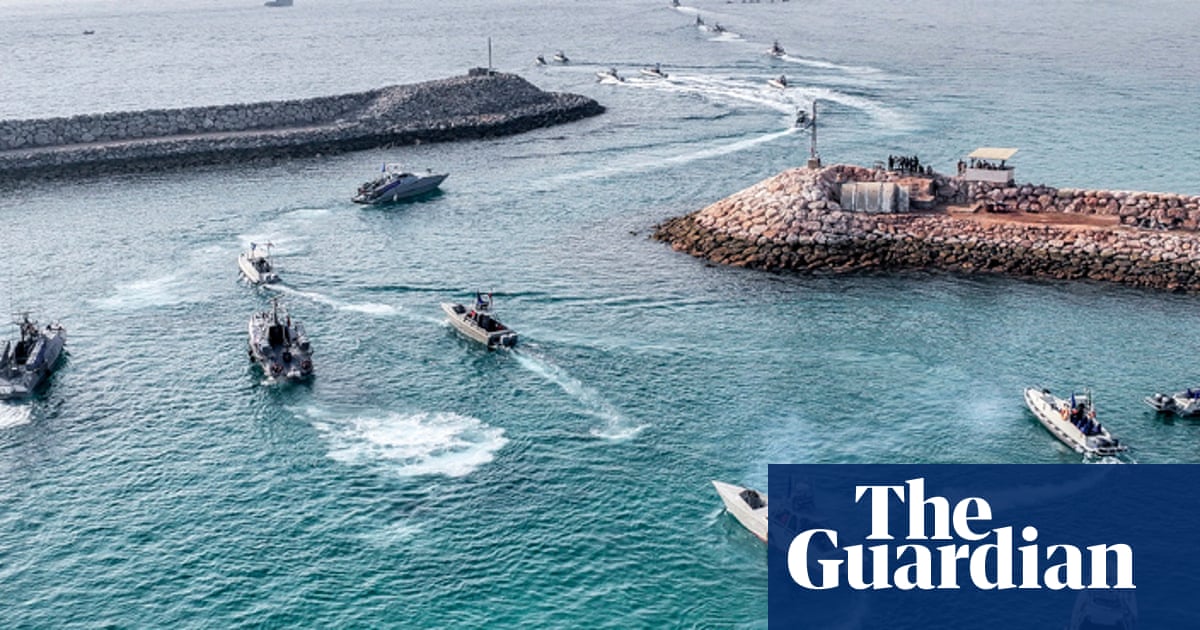Donald Trumpplans to announce while on his trip to Saudi Arabia next week that the United States will now refer to the Persian Gulf as the “Arabian Gulf” or the “Gulf of Arabia”, according to two US officials.
The move has prompted a push back from Iranian leaders.
On Wednesday,Iran’scurrent foreign minister weighed in, saying that names of Mideast waterways do “not imply ownership by any particular nation, but rather reflects a shared respect for the collective heritage of humanity”.
“Politically motivated attempts to alter the historically established name of the Persian Gulf are indicative of hostile intent toward Iran and its people, and are firmly condemned,” Abbas Araghchi wrote on the social platform X.
“Any short-sighted step in this connection will have no validity or legal or geographical effect, it will only bring the wrath of all Iranians from all walks of life and political persuasion in Iran, the US and across the world.”
Arab nations have pushed for a change to the geographic name of the body of water off the southern coast of Iran, while Iran has maintained its historic ties to the gulf.
The two US officials spoke with the Associated Press on Tuesday on condition of anonymity to discuss the matter. The White House and National Security Council did not immediately respond to messages seeking comment.
The Persian Gulf has been widely known by that name since the 16th century, although usage of “Gulf of Arabia” and “Arabian Gulf” is dominant in many countries in the Middle East. The government of Iran – formerly Persia – threatened to sue Google in 2012 over the company’s decision not to label the body of water at all on its maps.
On Google Maps in the US, the body of water appears as Persian Gulf (Arabian Gulf). Apple Maps only says the Persian Gulf.
The US military for years has unilaterally referred to the Persian Gulf as the Arabian Gulf in statements and images it releases.
The name of the body of water has become an emotive issue for Iranians who embrace their country’s long history as the Persian Empire. A spat developed in 2017 during Trump’s first term when he used the name Arabian Gulf for the waterway. Iran’s president at the time, Hassan Rouhani, suggested Trump needed to“study geography”.
Sign up toThis Week in Trumpland
A deep dive into the policies, controversies and oddities surrounding the Trump administration
after newsletter promotion
Trump can change the name for official US purposes, but he can’t dictate what the rest of the world calls it.
The International Hydrographic Organization – of which the United States is a member – works to ensure all the world’s seas, oceans and navigable waters are surveyed and charted uniformly, and also names some of them.
There are instances where countries refer to the same body of water or landmark by different names in their own documentation.
The move comes several months after Trump said the US would refer to the Gulf of Mexico as the“Gulf of America”.
